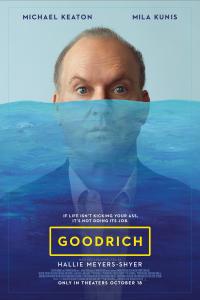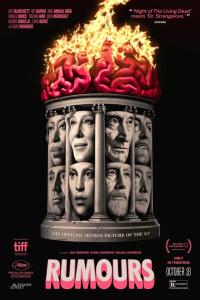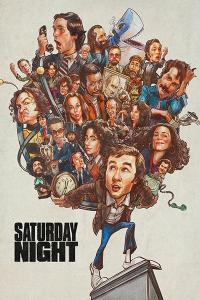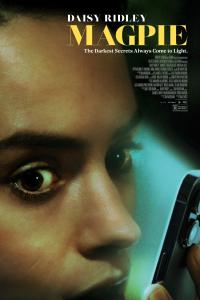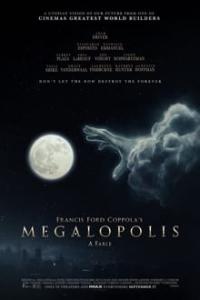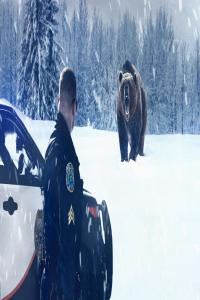Torrent details for "The Crowd and the Cosmos by Chris Lintott PDF" Log in to bookmark
Controls:
Language:
 English
EnglishTotal Size:
26.56 MB
Info Hash:
66ba5c8578d91695e921ec0c6b3c91fdaf7d84f0
Added By:
Added:
29-01-2020 11:42
Views:
560
Health:

Seeds:
0
Leechers:
0
Completed:
5
Thanks for rating :
p751 (5),
(5),
p751
xx
The Crowd and the Cosmos by Chris Lintott PDF
In this book, Lintott describes the exciting discoveries that people all over the world have made, from galaxies to pulsars, exoplanets to moons and from penguin behaviour to old ship's logs.
The world of science has been transformed. Where once astronomers sat at the controls of giant telescopes in remote locations, praying for clear skies, now they have no need to budge from their desks, as data arrives in their inbox. And what they receive is overwhelming; projects now being built provide more data in a few nights than in the whole of humanities' history of observing the universe. It's not just astronomy, either - dealing with this deluge of data is the major challenge for scientists at CERN and for biologists who use automated cameras to spy on animals in their natural habitats. Artificial intelligence is one part of the solution - but will it spell the end of human involvement in scientific discovery?
xx
The Crowd and the Cosmos by Chris Lintott PDF
In this book, Lintott describes the exciting discoveries that people all over the world have made, from galaxies to pulsars, exoplanets to moons and from penguin behaviour to old ship's logs.
The world of science has been transformed. Where once astronomers sat at the controls of giant telescopes in remote locations, praying for clear skies, now they have no need to budge from their desks, as data arrives in their inbox. And what they receive is overwhelming; projects now being built provide more data in a few nights than in the whole of humanities' history of observing the universe. It's not just astronomy, either - dealing with this deluge of data is the major challenge for scientists at CERN and for biologists who use automated cameras to spy on animals in their natural habitats. Artificial intelligence is one part of the solution - but will it spell the end of human involvement in scientific discovery?
xx











